Though college football's top players often opted to play for NFL teams rather than the AFL teams that also selected them prior to the common draft, like the Broncos, Denver still found plenty of starters and even a Hall of Famer in their first decade.

Career stats: 117 games, 93 starts, 1,641 rushes for 6,323 yards, 43 rushing touchdowns, 215 receptions for 2,418 yards, nine receiving touchdowns, 104 kick returns for 2,523 yards Inducted into the Ring of Fame in 1984 Inducted into the Pro Football Hall of Fame in 2010
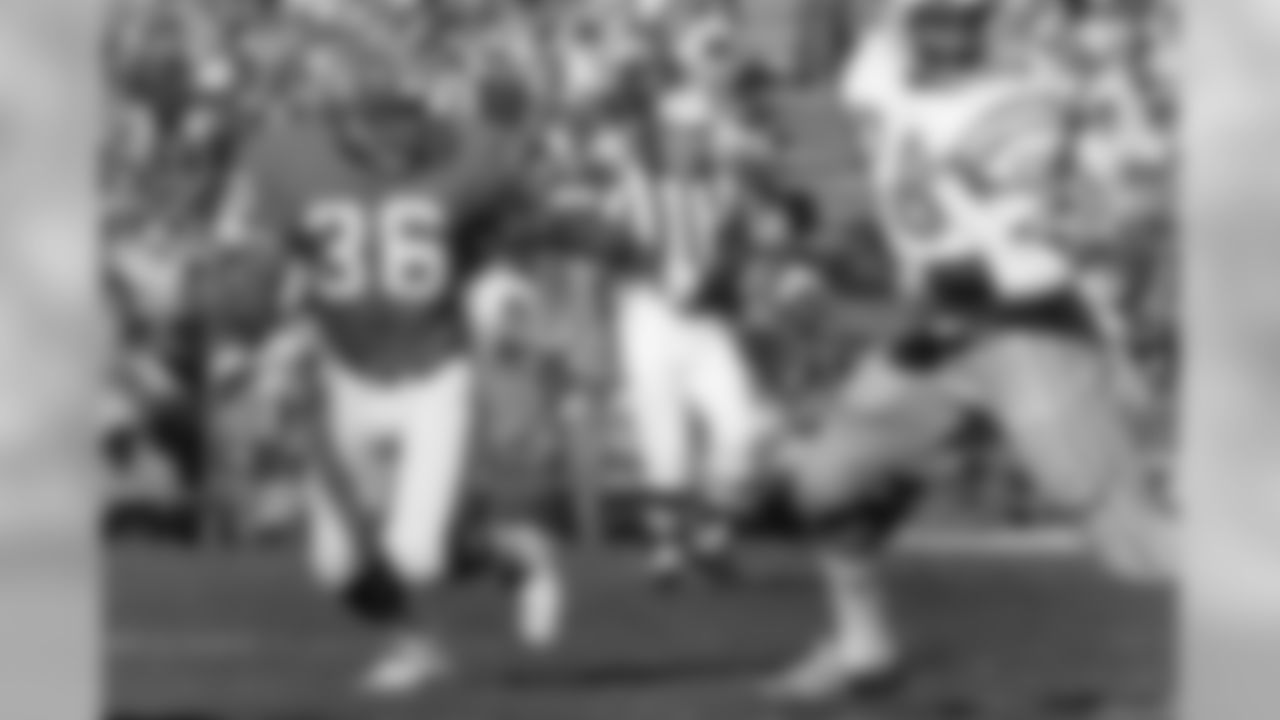
Years with the Broncos: 13 179 games, 178 starts, 40 interceptions, three interceptions returned for touchdowns, 21 fumble recoveries, four fumbles returned for touchdowns, four sacks Inducted into the Ring of Fame in 1987

Years with the Broncos: 11 133 games, 86 starts, 55.5 sacks, two interceptions Inducted into the Ring of Fame in 1986

Career stats with Denver: 108 games, 107 starts
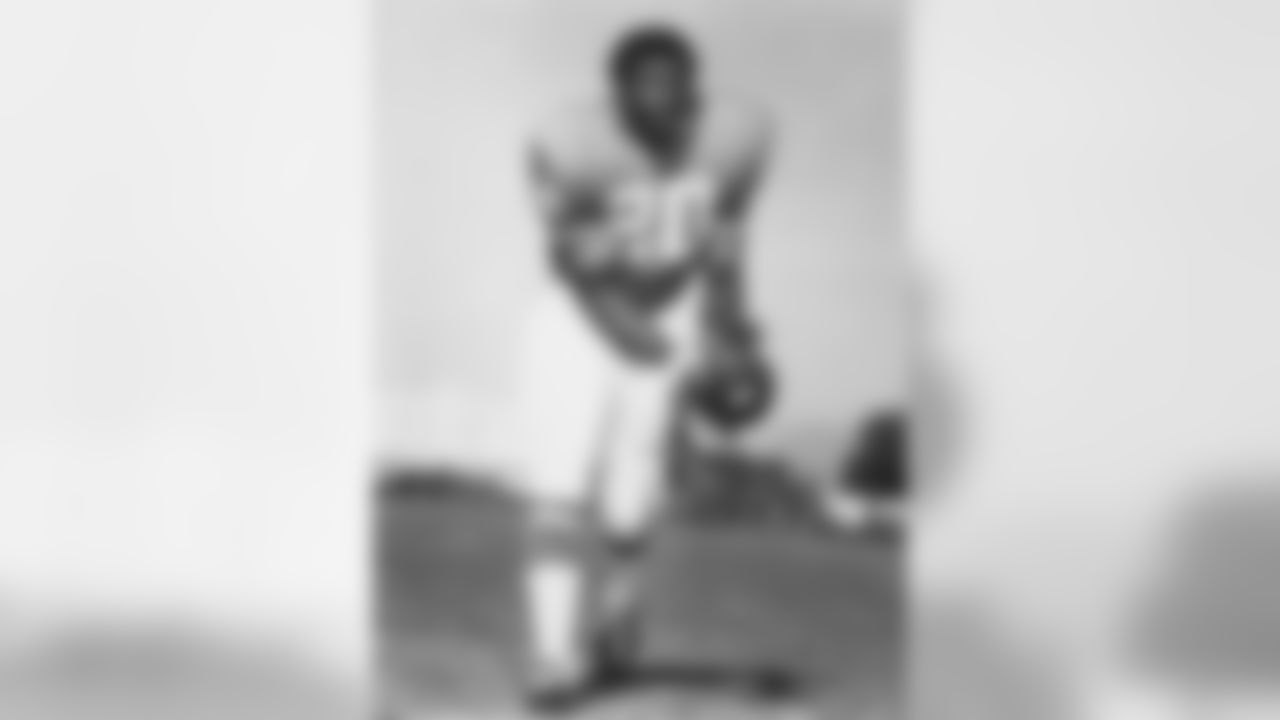
Career stats with Denver: 88 games, 84 games played, 17 interceptions, six forced fumbles, 11 fumble recoveries, 426 punt-return yards, one punt-return touchdown

74 career games, 26 starts

Career stats with Denver: 91 games, 48 starts, 250 receptions, 4,150 receiving yards, 32 receiving touchdowns

1968 stats with Denver: 11 games, five starts, 1,589 passing yards, 14 touchdowns, 13 interceptions *Note: Briscoe became a Pro Bowl and All-Pro receiver with two Super Bowl rings to his name after joining the Bills and then the Dolphins as a wide receiver.
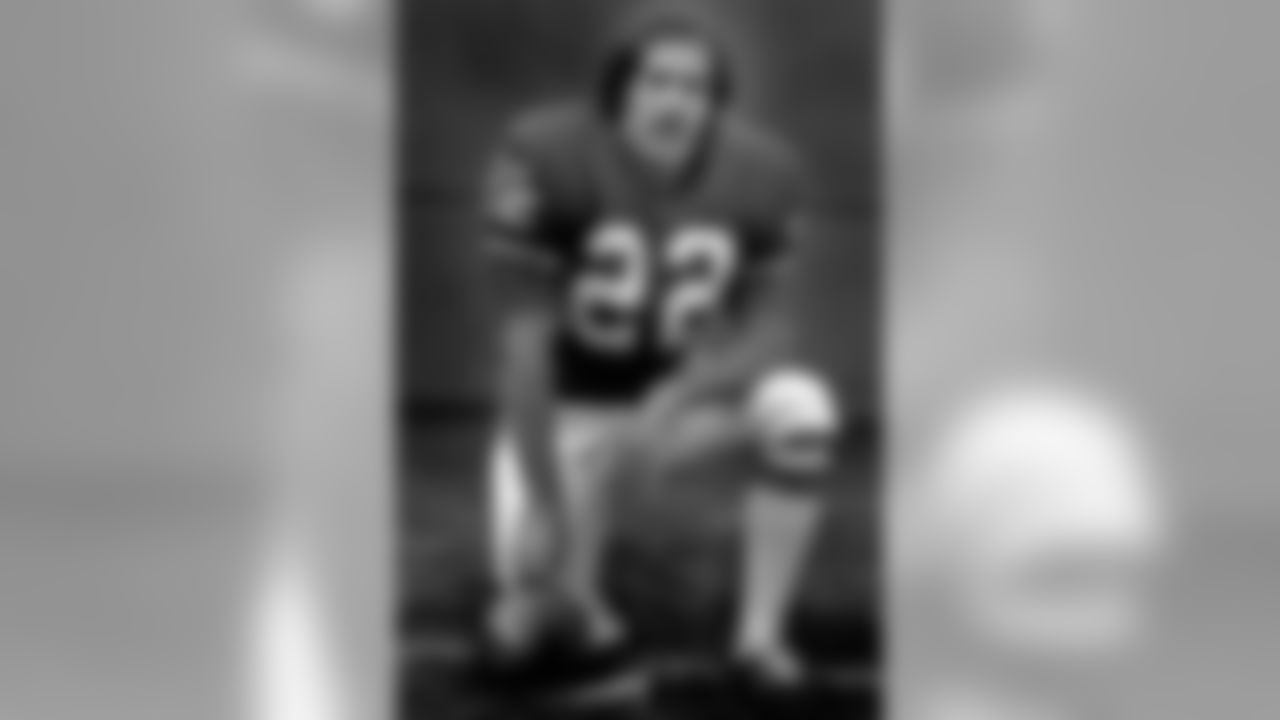
Career stats: nine seasons, 99 games, 304 rushes for 1,258 yards, 12 rushing touchdowns, 35 receptions for 357 receiving yards and two receiving touchdowns

Career stats with Denver: 66 games, 60 starts
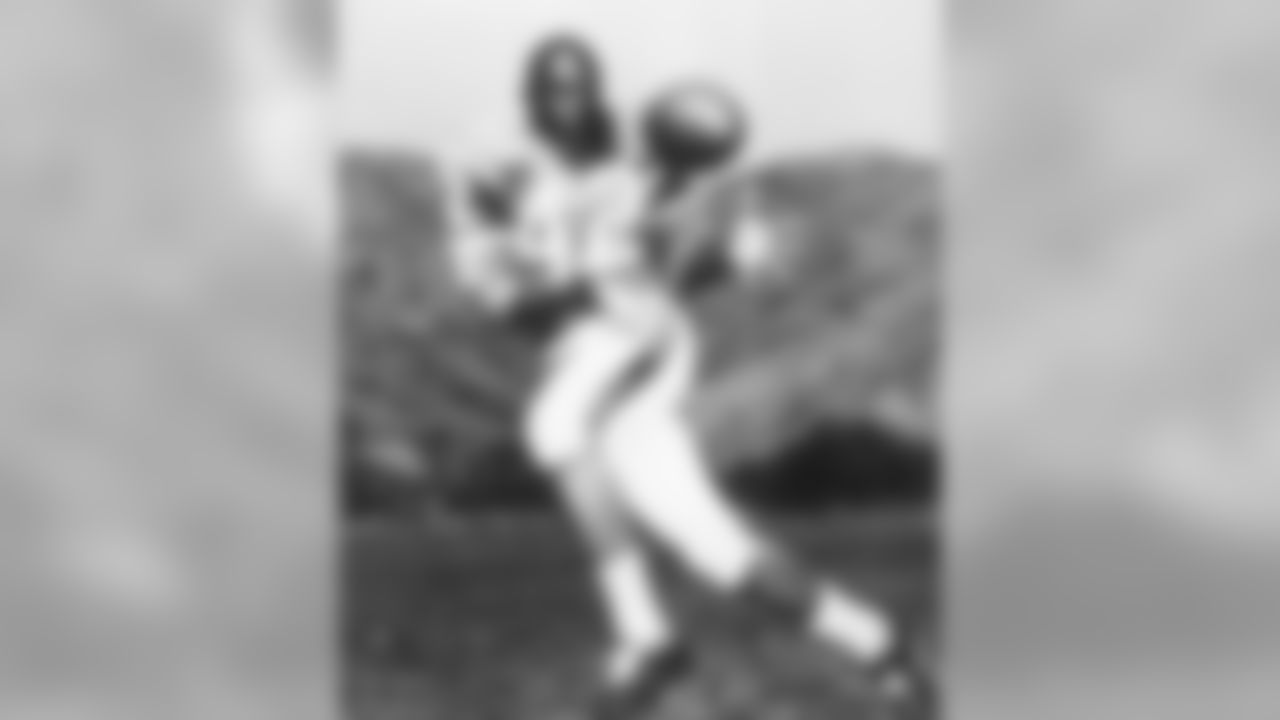
1964 stats: 1,245 kick-return yards, 149 punt-return yards, one punt-return touchdown 1965 stats: 611 kick-return yards, 210 punt-return yards
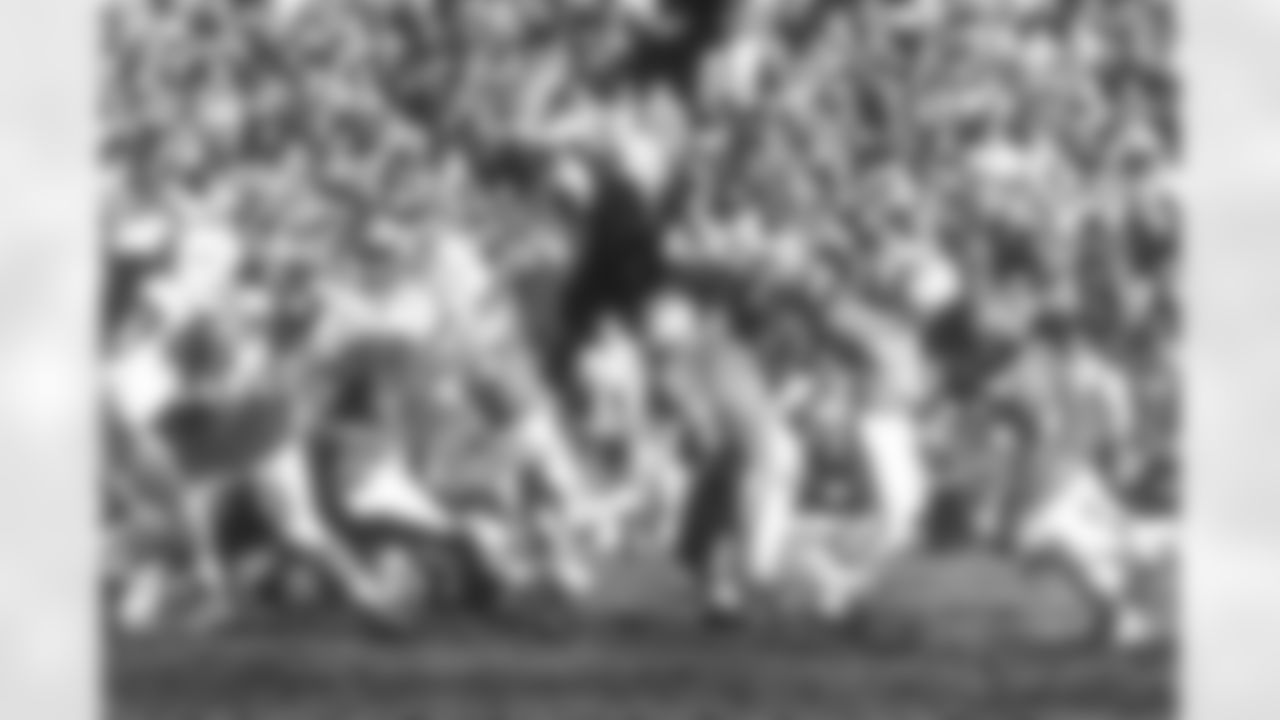
1963 stats: 549 rushing yards (Broncos' season leader), 90 receiving yards, five total touchdowns
1964: 415 rushing yards, two rushing touchdowns
1963 AFL Rookie of the Year, second-team All-AFL (New York Daily News)

Broncos starter for four seasons (1968, 1970-72), five career interceptions, two fumble recoveries, one defensive touchdown in Denver
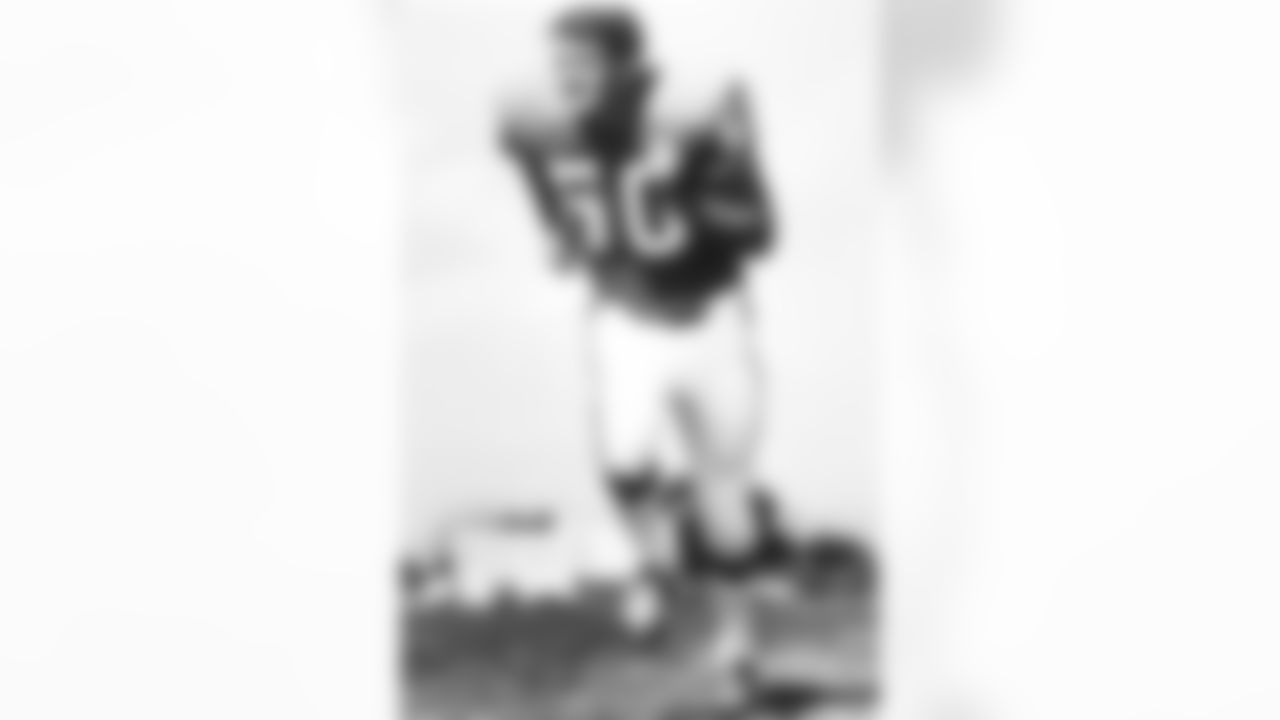
Four-year starter for the Broncos (1967-70), four career interceptions, two career fumble recoveries in Denver

Three seasons with the Broncos (two as a starter), 82 receptions for 1,355 yards and 10 touchdowns with Denver
There are no offseason NFL events that I look forward to more than the draft. By then the schedule is out and you have a sense of the new season, a new team being built.
Elsewhere on this site there are great features and pictorials on current and past players, so I thought I would take a quick look back at the Broncos' draft beginnings.
The first American Football League draft was in 1960. Except for a few teams, like the Dallas Texans, Los Angeles Chargers and Houston Oilers, there was no hope for the others — the Broncos especially — of keeping pace financially with the NFL in the signing of college players.
The Broncos' first draft in 1960 found penurious general manager Dean Griffing literally making his selections from players featured in "Street and Smith's College Football," a popular magazine at the time.
Denver first number one choice — no drumroll necessary — was linebacker and placekicker Roger LeClerc from Trinity College. He signed with the Chicago Bears and several years later played part of a season in Denver. To give you an idea of his kicking ability, in 1967 we lost a game to Buffalo by a 17-16 score, with LeClerc going 0-for-5 on field-goal attempts.
The Broncos did not sign or select any players of great note in 1961 either, but starting in 1962 they put the football magazines away and actually scouted some guys.
While not in a financial position to sign them, Denver selected such luminaries as Merlin Olsen (1962) and Kermit Alexander (1963).
Denver's hands were tied by money and reputation, but the Broncos selected three future Pro Football Hall of Famers in 1964.
The Broncos chose offensive lineman Bob Brown, defensive back Paul Krause and Olympic sprinter and wide receiver Bob Hayes in that draft.
Our final choice in 1964, quarterback Bob Berry from Oregon, was in the 26th round. Berry had a fine career in the NFL, but at the time he said he did not sign with Denver over a financial difference in the proposed contract of $200. I think that sums things up pretty well.
In 1965 Denver knew it could not sign their first pick, but largely for public relations and face-saving purposes selected Illinois linebacker Dick Butkus, who was also chosen by the Chicago Bears. Butkus, of course, signed with the Bears in the NFL and became a pro football legend.
Things continued along the same path into 1966, but the AFL-NFL war reached its peak that year, as the two leagues spent a combined $7 million to sign their 1966 draft choices.
The NFL signed 75 percent of its 232 draftees, and the AFL got 46 percent of its 181. The two leagues were bleeding money and the major team owners sought a common solution.
A series of secret meetings regarding a possible AFL-NFL merger were held in the spring between Lamar Hunt of Kansas City and Tex Schramm of Dallas.
The merger of the two leagues was announced on June 8, 1966, combining the two leagues to form one expanded league with 24 teams. Every team in the AFL was accepted into the NFL, and one of the criteria of the merger was a common draft.
There is no question that the merger gave the Broncos the life raft they desperately needed to survive, and the common draft meant Denver would be able to sign the players they selected.
Broncos owner Gerry Phipps hired Lou Saban as head coach and general manager following the 1966 season, and that was the first major executive signing that helped the Broncos build a solid foundation.
In 1967 Saban drafted and signed future Pro Football Hall of Fame running back Floyd Little, and in fact each of the Broncos' first 10 draftees that year made the team.
That really was the beginning of the beginning for the Broncos as a competitive team.
Future Broncos Ring of Famer Paul Smith was drafted in 1968, and special mention should be made than Saban also selected Marlin Briscoe that year.
A 14th-round choice and the 357th-overall selection, Briscoe made history in his rookie year as the first African-American to start at quarterback in pro football.
Saban closed out the decade of the 1960s with the selection of another future Ring of Famer in 1969, the legendary Billy Thompson, from what was then Maryland State (now the University of Maryland Eastern Shore).
Thompson set a rookie mark for the ages as the only player in history to lead the league in both yards per kick return and yards per punt return in the same season.
Before the Broncos emerged as consistent contender in the late '70s, they built the foundation with a number of great draft picks. (Stats via Broncos' media guide unless noted)

Two-time Pro Bowler, All-NFL selections in 1977 (by AP, UPI, PFW) and 1978 (AP) with Denver
Denver stats (1971-78): 99 games, 98 starts, 14 fumble recoveries, one safety (via pro-football-reference.com), 64.5 sacks (via Broncos media guide)
(Tony Tomsic via AP)
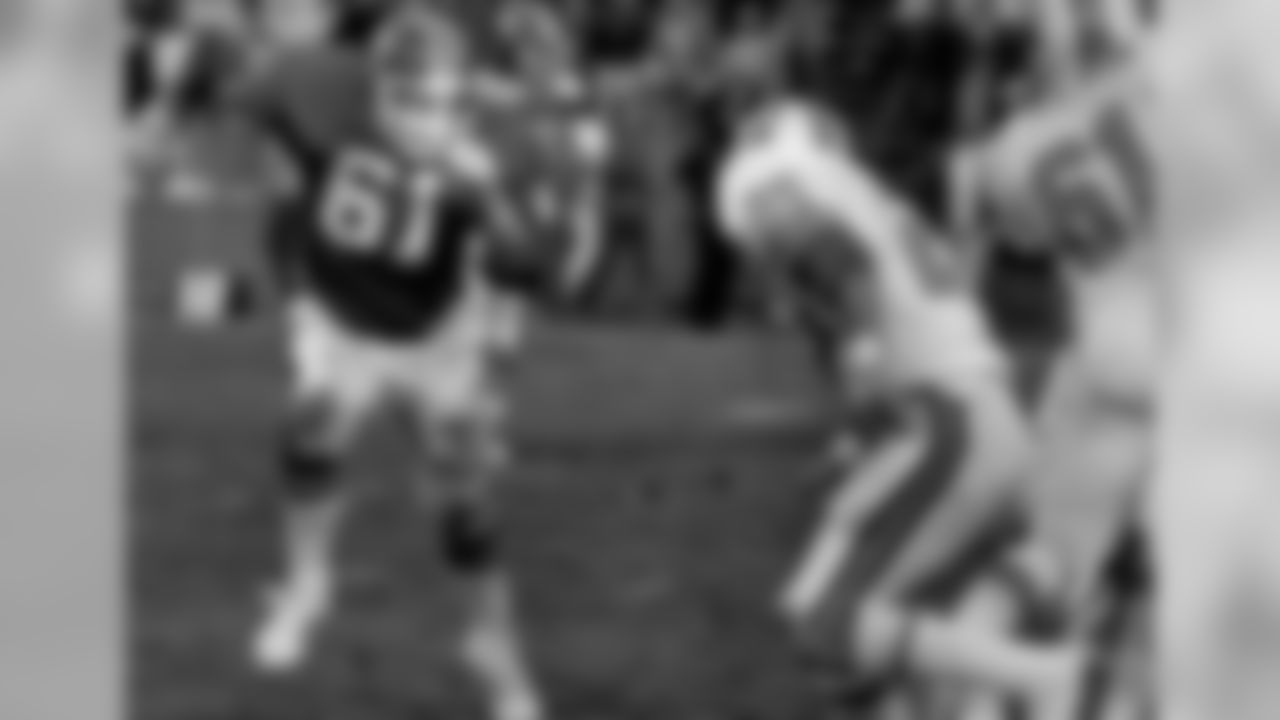
Career stats (all with Denver): 73 games, 62 starts
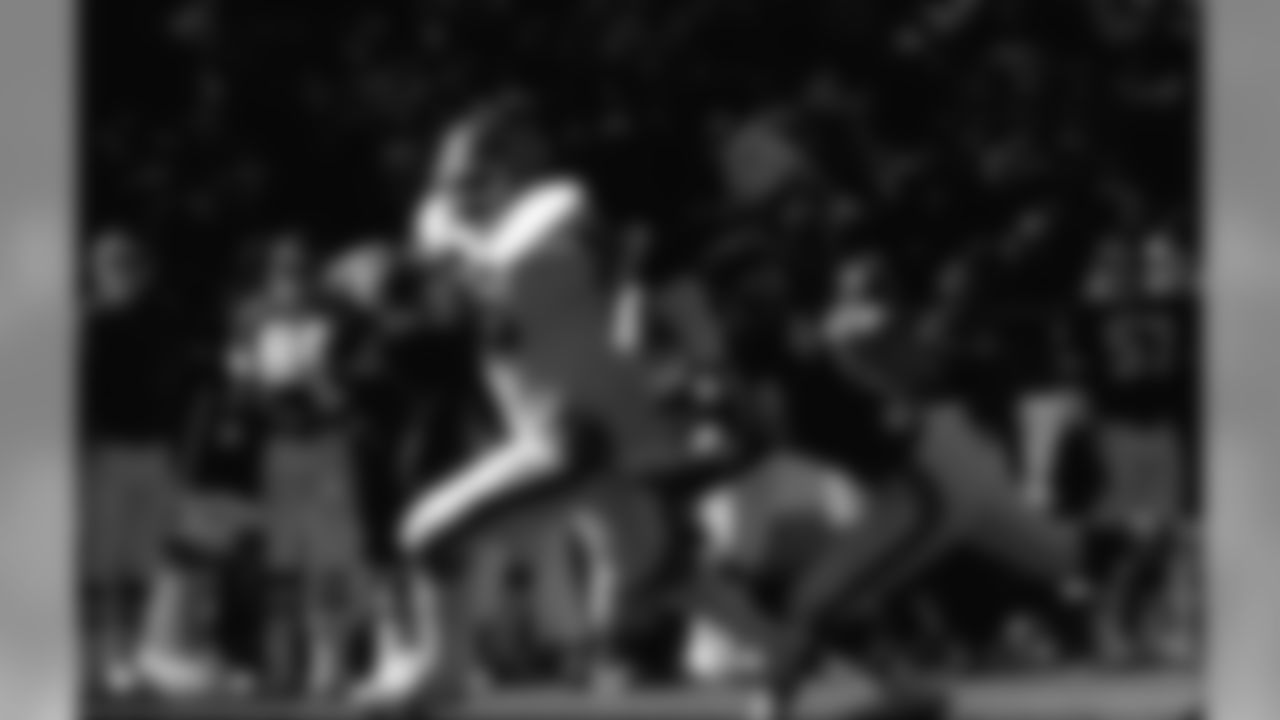
Four-time Pro Bowler, three-time All-Pro selection (NEA first-team, PFWA and AP second-team in 1973; AP, NEA, PFWA, PFW first-team in 1974; AP first-team and NEA second team in 1975; AP second-team in 1977) with DenverCareer stats (all with Denver): 153 games, 134 starts, 396 receptions for 5,755 yards and 41 touchdowns, 25 rushes for 211 yards and two touchdowns (via pro-football-reference.com)

Two-time Pro Bowler, one-time All-Pro (AP, PFWA, PFW first-team and NEA second-team in 1974 with Denver, 1974 NFL rushing leaderCareer stats (all with Denver): 96 games, 58 starts, 1,023 rushes for 4,453 yards and 25 touchdowns; 131 receptions for 1,302 yards and seven touchdowns; 37 kick returns for 879 yards (via pro-football-reference.com)

Career stats (all with Denver): 182 games, 177 starts, 75.0 sacks
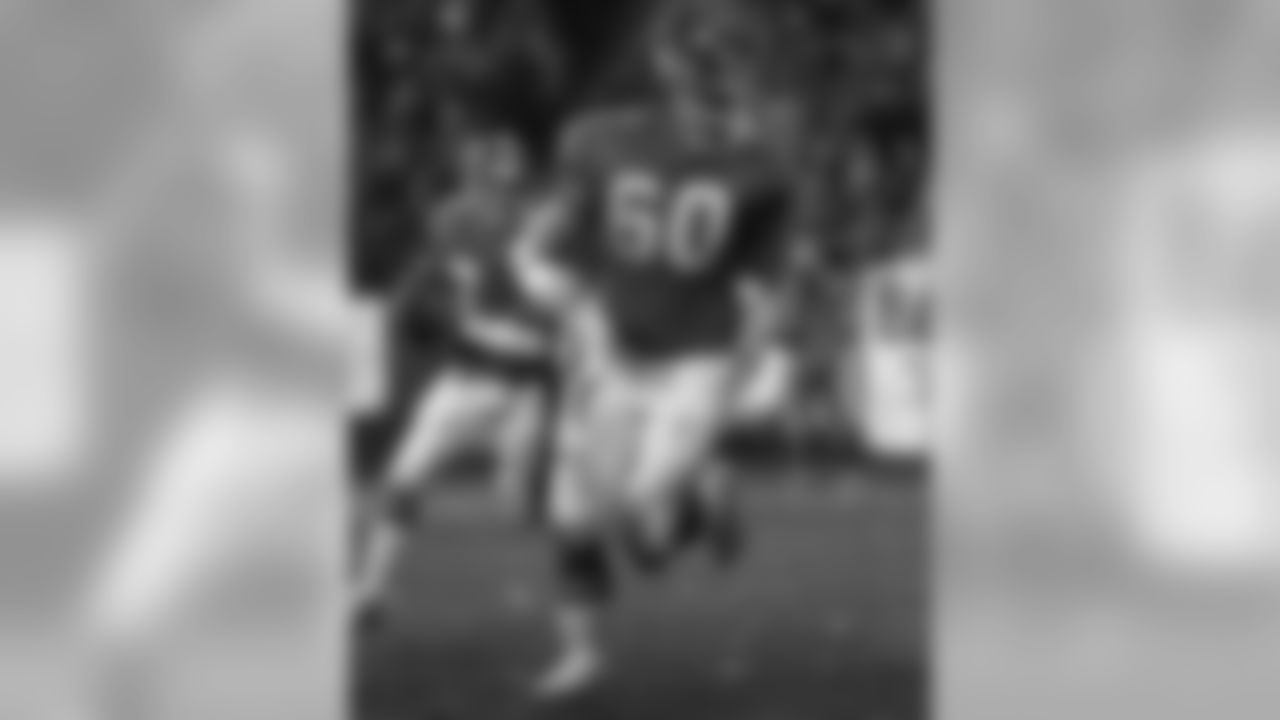
Career stats (all with Denver): 187 games, 147 starts
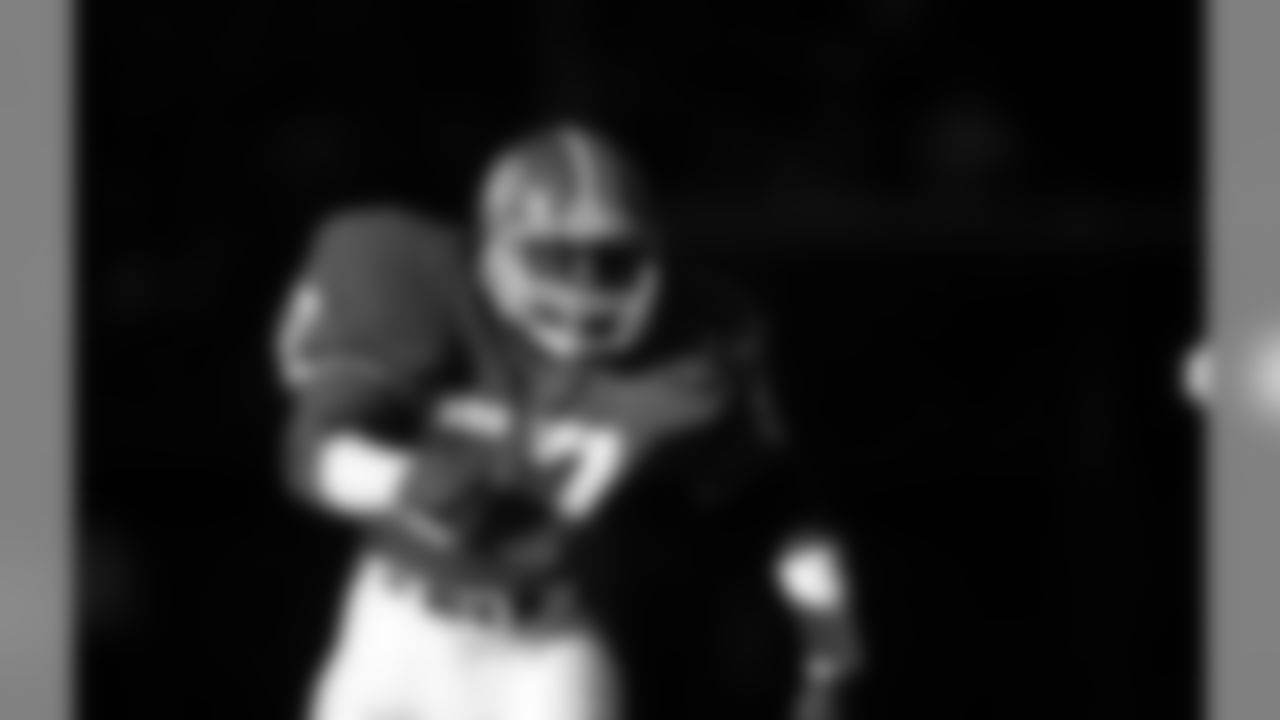
Three-time Pro Bowler, three-time All-Pro (AP, PFWA and PFW first-team in 1977; AP second-team in 1978, NEA second-team in 1979)Career stats (all with Denver): 191 games, 177 starts, 20 interceptions, three interceptions returned for a touchdown, eight fumble recoveries, 44.0 sacks(AP Photo/Eric Lars Bakke)

Seven-time Pro Bowler, six-time All-Pro (AP and PFW first-team and NEA second-team in 1977; AP, NEA, PFWA and PFW first-team in 1978; PFWA and PFW first-team and AP and NEA second-team in 1979; TSN first-team and NEA second-team in 1980; PFW and TSN first-team and AP and NEA second-team in 1981; AP second-team in 1983) and NFL Defensive Player of the Year, as voted by AP, UPI, Pro Football Weekly and NEA
Inducted into the Broncos Ring of Fame in 1989
Career stats (all with Denver): 145 games, 134 starts, 2,049 tackles, 19.5 sacks, 20 interceptions, four total defensive touchdowns
(Peter Read Miller via AP)
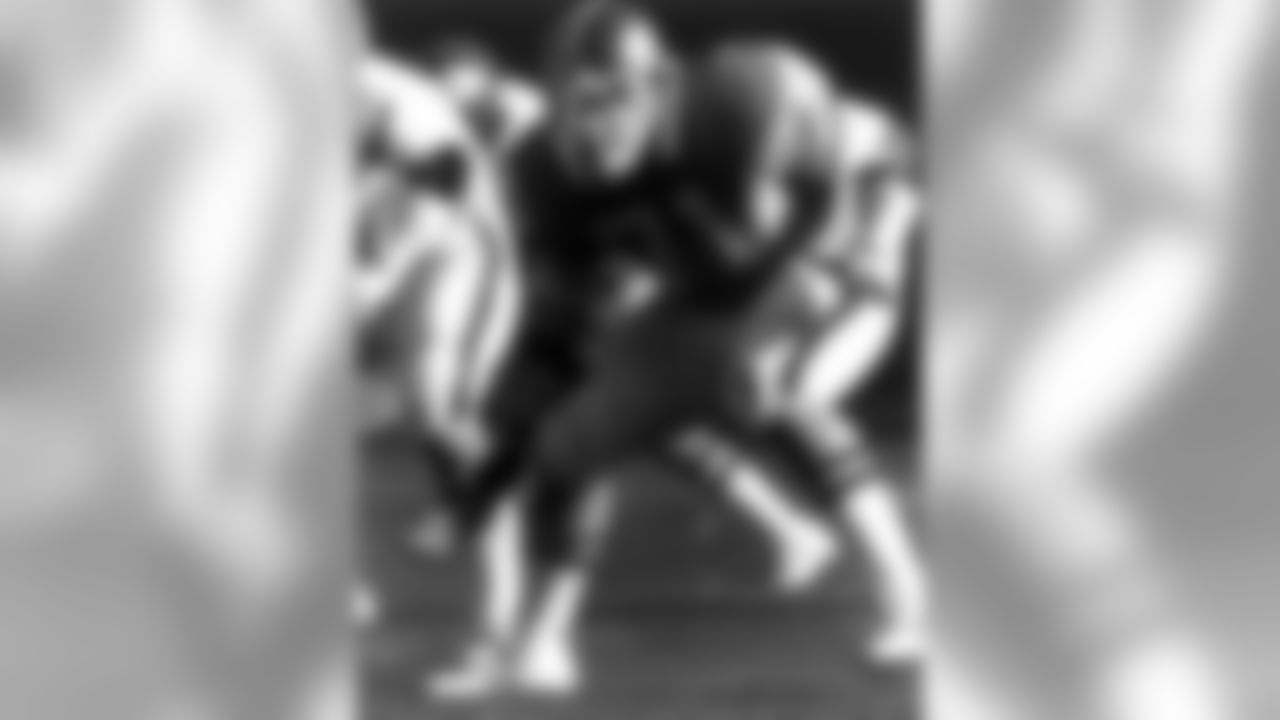
Career stats (all with Denver): 125 games, 123 starts
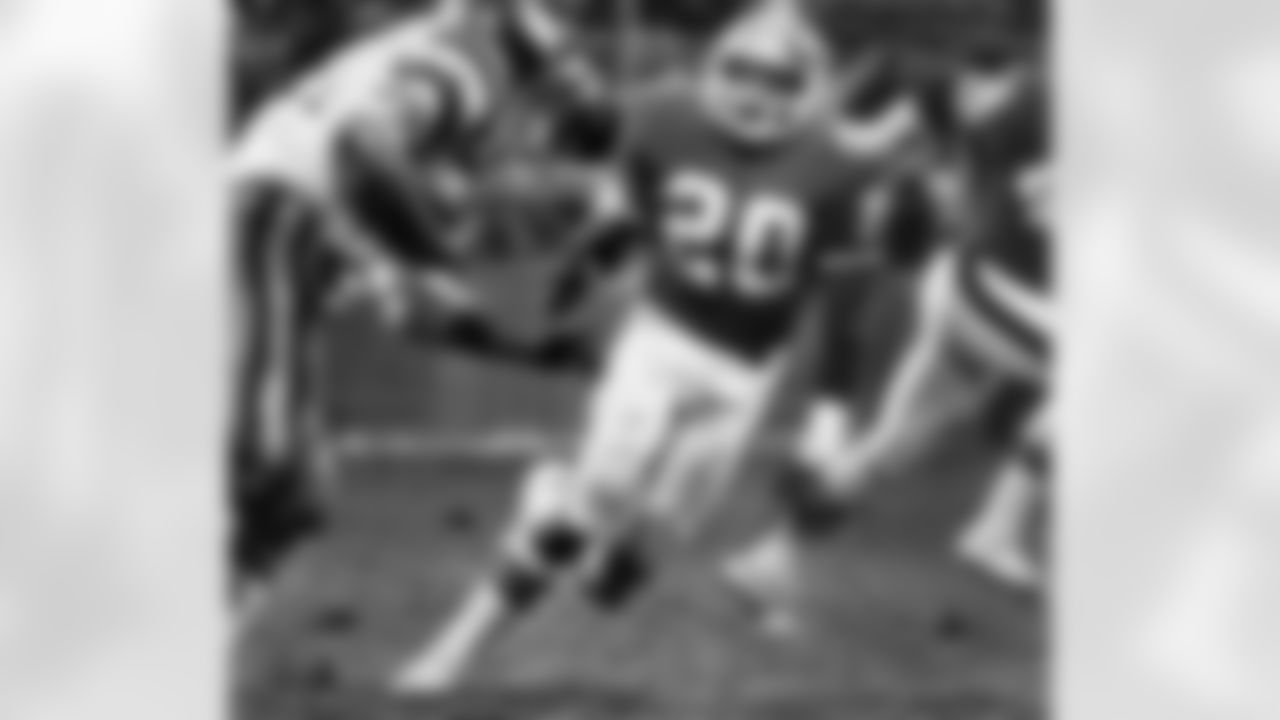
Five-time Pro Bowler; All-Pro selections in 1977 (NEA second-team), 1978 (AP, NEA, PFWA, PFW first-team), 1979 (AP, NEA, PFWA, PFW first-team), 1983 (NEA first-team), 1984 (PFW and TSN first-team, NEA second-team)Inducted into the Ring of Fame in 1993Career stats (all with Broncos): 166 games, 163 starts, 26 interceptions, 3.0 sacks, four total defensive touchdowns

Four-time Pro Bowler; All-Pro selections in 1976 (AP first-team at KR and PFW first-team at PR), 1977 (AP second-team at KR), 1978 (AP and PFWA first-team at KR, PFW first-team at PR), 1979 (PFWA first-team, AP second-team at KR, PFW second-team at PR), 1982 (AP first-team at KR, PFW first-team at PR), first-team 1970s NFL All-Decade selection, second-team 1980s NFL All-Decade selectionInducted into the Ring of Fame in 2014 Career stats (all with Broncos): 119 games, 267 receptions for 4,369 yards and 24 touchdowns, 248 punt returns for 3,008 yards and eight touchdowns, 95 kick returns for 2,355 yards
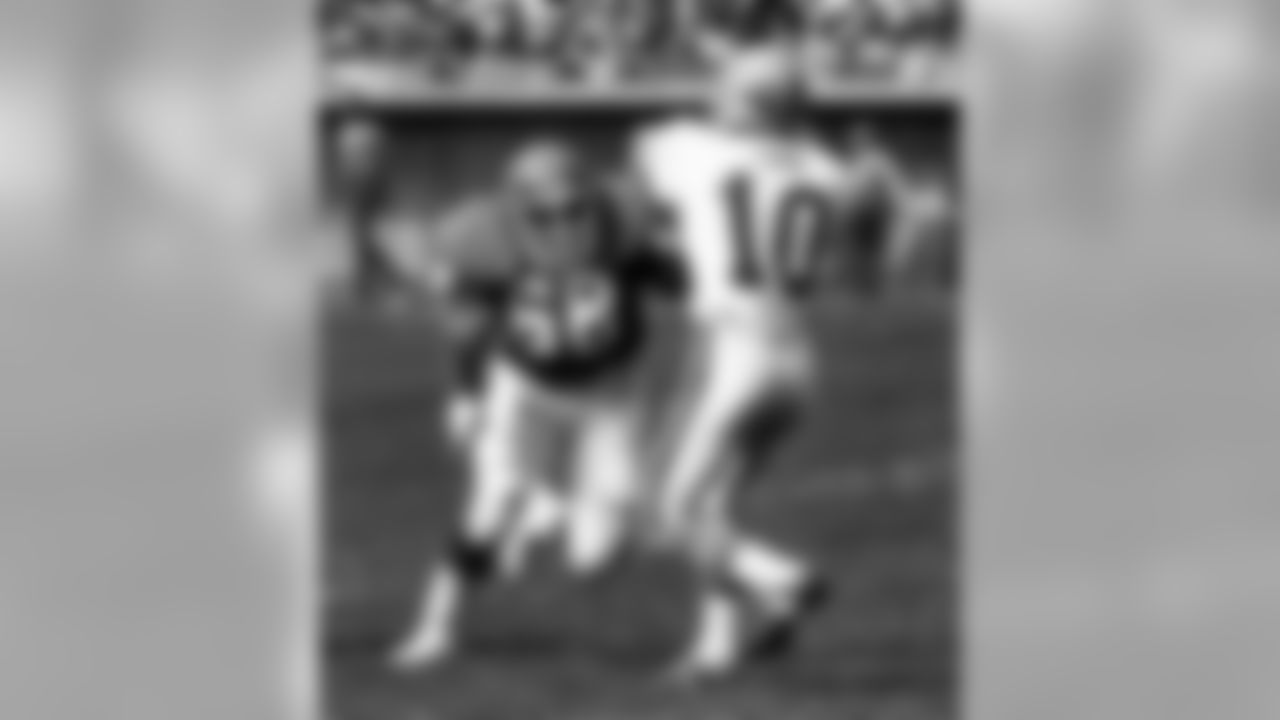
Career stats (all with Broncos): 166 games, 151 starts, 30 sacks, 13 fumble recoveries
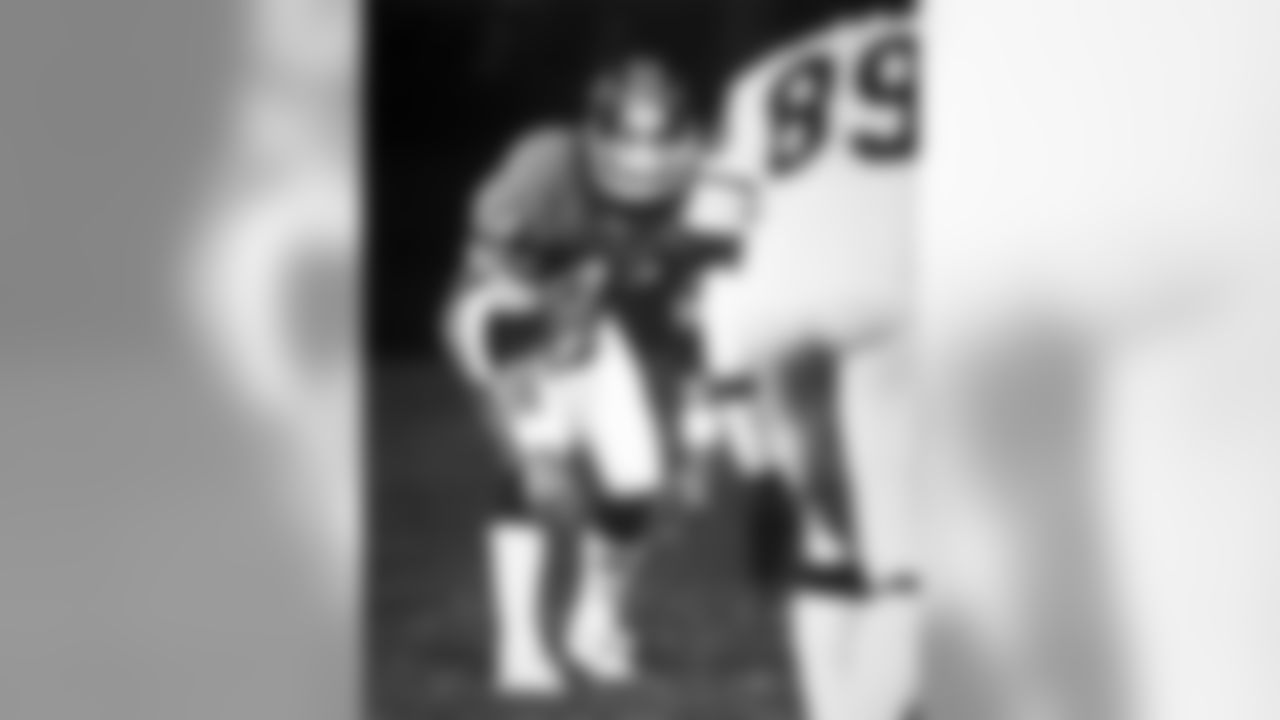
Career stats (all with Broncos): 150 games, 135 starts, 44 interceptions
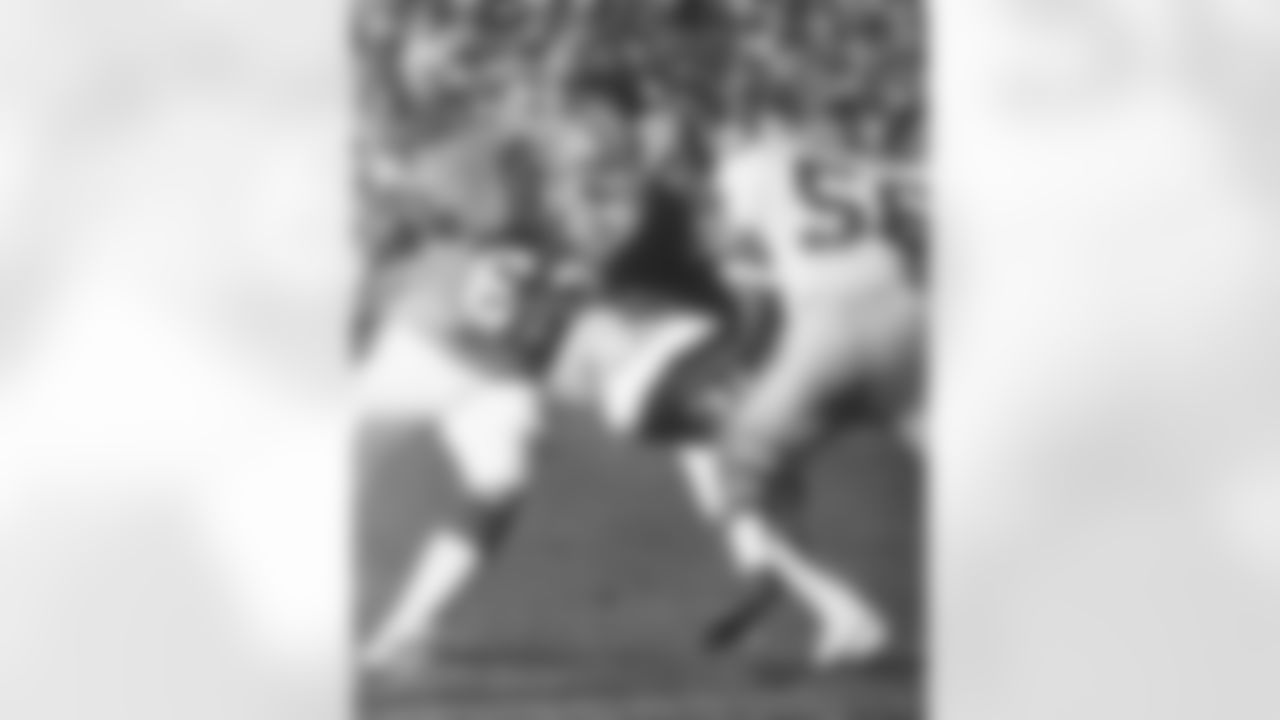
Career stats (all with Broncos): 105 games, 93 starts

Broncos stats: 101 games, 41 starts, three interceptions, four fumble recoveries (via pro-football-reference.com)

Career stats (all with Broncos): 153 games, 151 starts

One Pro Bowl, one first-team All-Pro selection
Broncos stats: 73 games, 377 punts, 15,754 punt yards, 41.8 yards per punt
The Broncos were still not a good team, but Saban had Little and the beginnings of a strong Broncos defense.
He resigned during the middle of the 1971 season and John Ralston took over as general manager and head coach in 1972.
There is an excellent photo essay on our team website showing the high number of outstanding 1970s draft choices who paved the way for Denver to become a Super Bowl team, as well as numerous pieces on this year's draft and college prospects.
But it all started in the 1960s.
As you can see, the going was rough in those early years, but the future for the Denver Broncos turned out to be very bright indeed.













